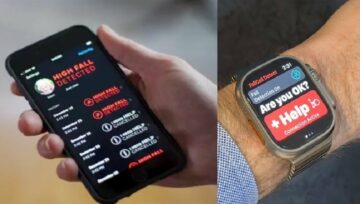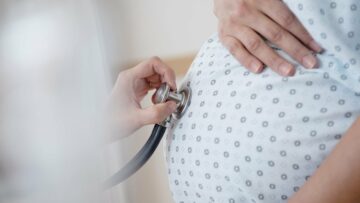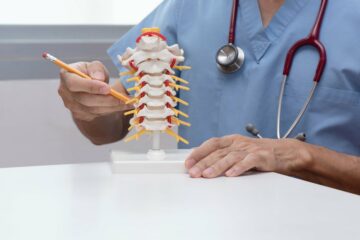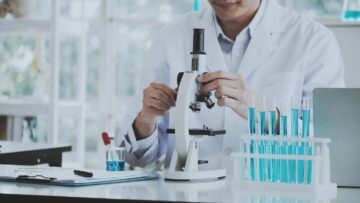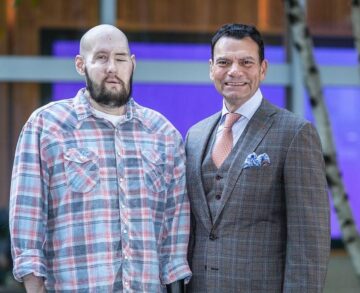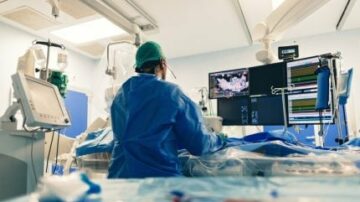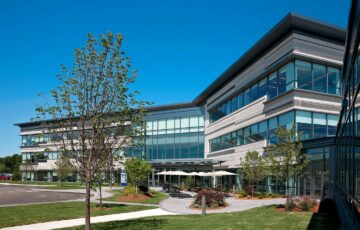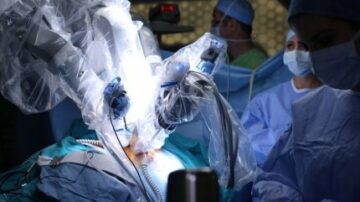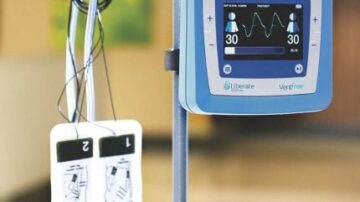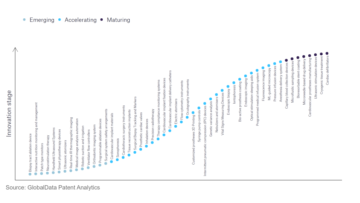<!–
–>
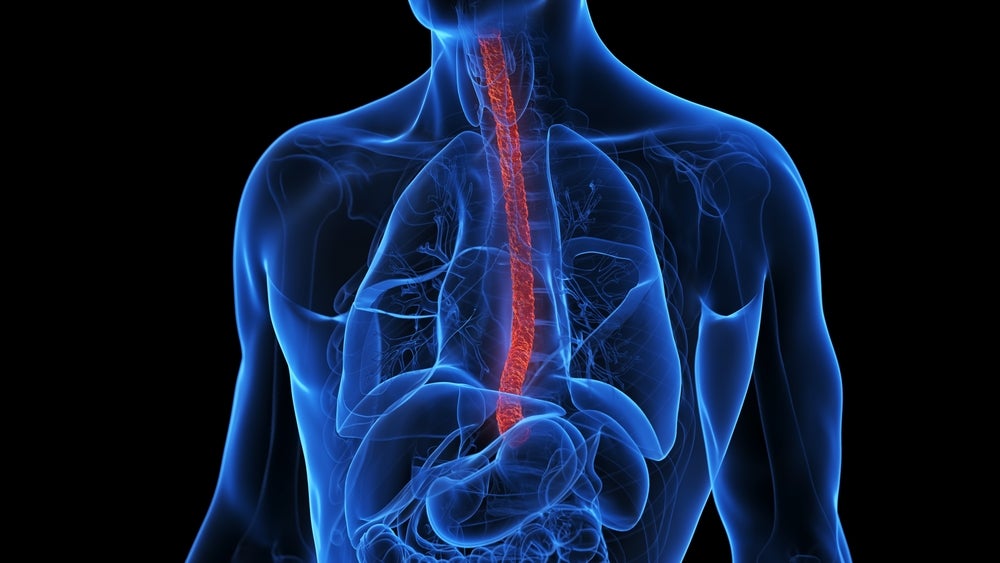
The US Food and Drug Administration has granted Attune Medical’s Esophageal Heat Transfer Device (ensoETM) De Novo marketing authorisation, opening the device’s route to operating rooms in the US.
The system reduces the likelihood of ablation-related oesophageal injury during cardiac ablation procedures that use radiofrequency.
The De Novo marketing authorisation for oesophageal injury prevention expands the device’s indicated use; the ensoETM was previously cleared to control patient temperature in 2015.
Radiofrequency cardiac ablation is a common procedure used for restoring normal heart rhythm in atrial fibrillation patients. Though rare, the oesophagus can be injured during the operation. The injury tends to be a slow and progressive process that can result in the formation of a fistula. Complications from the injury can be life-threatening.
Currently, temperature probes are used to prevent thermal injury. Attune Medical’s single-use silicone tube is inserted into the oesophagus and acts as a thermal regulating device that coolsthe oesophageal wall via a connected heat exchange unit. The closed-loop system gives surgeons the ability to proactively control temperature management.
The FDA greenlit the device’s route to market based on pre-clinical studies, computer models, and three randomised controlled studies. Included was a multi-centre study analysis published in the Journal of the American College of Cardiology: Clinical Electrophysiology. Attune Medical states that over 50,000 patients have been treated with the ensoETM to date.
Dr Jason Zagrodzky, electrophysiologist at Texas Cardiac Arrhythmia in Austin, Texas said: “Historically, there have been no proven strategies to prevent oesophageal injury during ablation procedures, and injury rates have not declined despite the use of temperature probes.
“This De Novo authorization gives electrophysiologists a solution to proactively cool the oesophageal wall during ablation procedures and is a great leap forward in best practice standards and patient care.”
- SEO Powered Content & PR Distribution. Get Amplified Today.
- PlatoData.Network Vertical Generative Ai. Empower Yourself. Access Here.
- PlatoAiStream. Web3 Intelligence. Knowledge Amplified. Access Here.
- PlatoESG. Automotive / EVs, Carbon, CleanTech, Energy, Environment, Solar, Waste Management. Access Here.
- PlatoHealth. Biotech and Clinical Trials Intelligence. Access Here.
- ChartPrime. Elevate your Trading Game with ChartPrime. Access Here.
- BlockOffsets. Modernizing Environmental Offset Ownership. Access Here.
- Source: https://www.medicaldevice-network.com/news/fda-clears-attune-medical-device-for-prevention-of-ablation-related-oesophageal-injury/
- :has
- :is
- :not
- 000
- 2015
- 50
- a
- ability
- acts
- administration
- American
- analysis
- and
- ARE
- AS
- At
- austin
- authorisation
- authorization
- based
- BE
- been
- BEST
- CAN
- care
- Clinical
- College
- Common
- computer
- connected
- control
- controlled
- Cool
- credit
- Date
- de
- Despite
- device
- drug
- during
- exchange
- expands
- fda
- food
- Food and Drug Administration
- For
- formation
- Forward
- from
- gives
- granted
- great
- Have
- Heart
- HTTPS
- image
- in
- included
- indicated
- into
- jpg
- leading
- Leap
- likelihood
- management
- Market
- Marketing
- medical
- medical device
- models
- no
- normal
- Novo
- of
- on
- opening
- operating
- operation
- over
- patient
- patient care
- patients
- plato
- Plato Data Intelligence
- PlatoData
- potentially
- practice
- prevent
- Prevention
- previously
- procedure
- procedures
- process
- progressive
- proven
- published
- RARE
- Rates
- reduces
- regulating
- restoring
- result
- Rooms
- Route
- Said
- Share
- silicone
- slow
- solution
- standards
- States
- strategies
- studies
- Study
- system
- tends
- texas
- that
- The
- There.
- thermal
- this
- though?
- three
- to
- transfer
- treated
- unit
- us
- US Food
- use
- used
- via
- Wall
- was
- with
- zephyrnet


